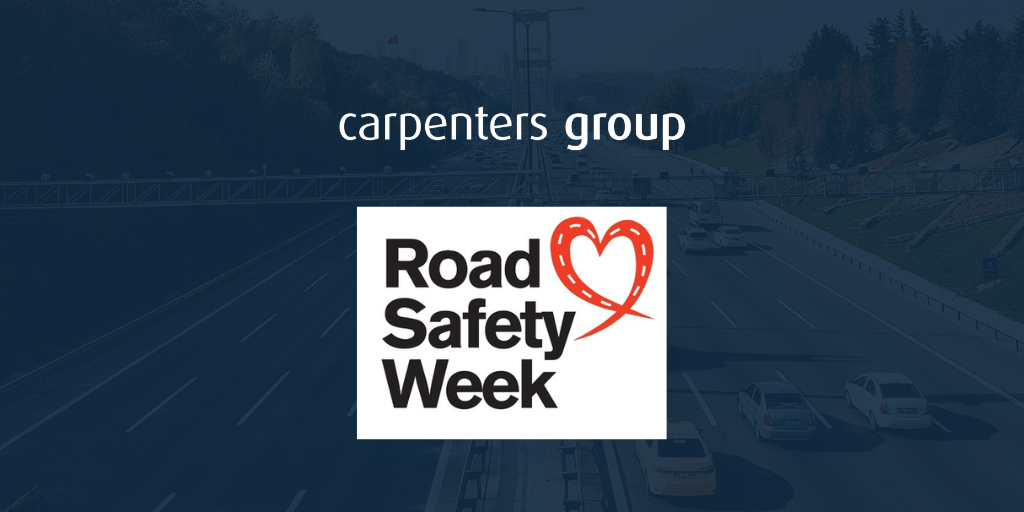Driving in Dangerous Conditions: The Human Cost of Road Traffic Collisions.
17 November 2022
3 minute read

As part of Road Safety Week, we spoke to Cameron Rodger about driving in dangerous conditions.
"My role in the Serious and Catastrophic Injury Team at Carpenters Group means that I witness daily the life changing consequences of road traffic collisions and so road safety is always at the forefront of my mind when driving, particularly with the long dark days of winter ahead.
Travel is more hazardous in these conditions, which diminishes our ability to see and be seen. Similarly, wet or icy surfaces will reduce our stopping time by those crucial seconds that could help avoid a serious incident. Pedestrians, cyclists, motorcyclists and scooter users are particularly vulnerable. Our responsibility to be more vigilant applies universally.
Many of the inherent dangers of travelling in these conditions can be mitigated by planning and preparation. For example, as a pedestrian, we might consider wearing bright or reflective clothing before embarking on our journey. When driving, we should make sure our tyres are in good condition, that our car service is up to date and that our lights are in good working order and to make sure we keep an appropriate distance from vehicles in front of us and drive to the prevailing conditions.
Many of the clients we represent at Carpenters Group have suffered life-changing injuries. The consequences are wide ranging and are not limited to the injured person, but also their immediate family, close friends and employers. I set out below an example of the type of devastation our clients suffer which could have been totally avoidable if only the Defendant driver had taken more care.
Our client C was riding his motorcycle on the motorway when a HGV driver in the lane next to him changed lanes without indication and failed to heed the presence of our client. He was knocked from his motorbike and suffered serious injuries. The HGV driver was prosecuted and was convicted of driving without due care and attention. He was fined and disqualified from driving for a period of 6 months. He then lost his job.
C suffered a serious brain injury and spent two months in hospital.
His brain injury caused disinhibition, increased irritability, reduced executive functioning and short-term memory issues. C was unable to return to work and has little prospect of returning to employment. He required extensive neurorehabilitation.
C is no longer able to live independently and relies on an extensive support package to assist with day-to-day living. He can no longer manage his own financial affairs and has the support of a professional deputy. We were able to bring a civil action against the HGV driver and we were able to negotiate a settlement on his behalf, approved by the Court that compensated him for his injuries and his past and future financial losses. Whilst no amount of money can ever be enough to compensate him for the life he can no longer lead, the compensation does at least offer financial security for him and his family.
Unfortunately, I have seen many clients and their families experience what C did following a road traffic collision. Road Safety Week is ideal time for us to reflect on the dangers of driving in difficult conditions and on the human consequences when tragic incidents do occur on our roads."
Cameron Rodger is a legal advisor in the Claimant Serious and Catastrophic Injury Team at Carpenters Group.















